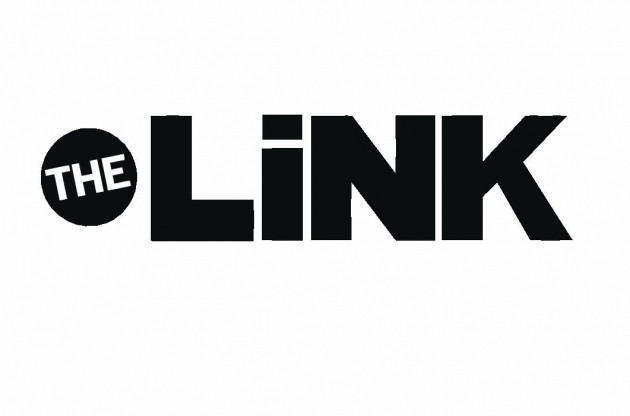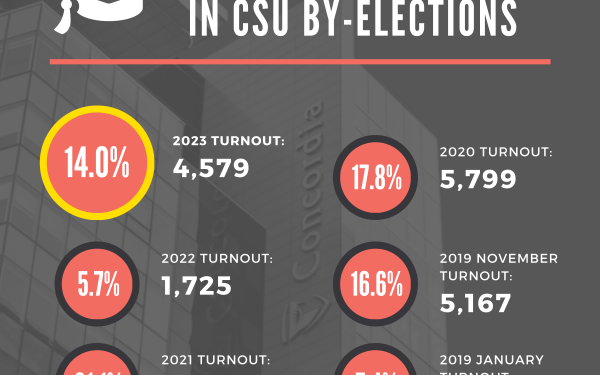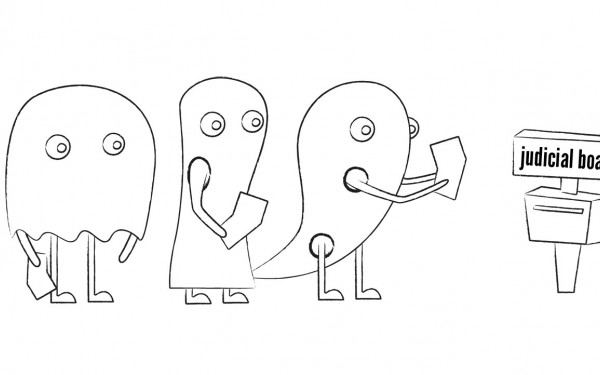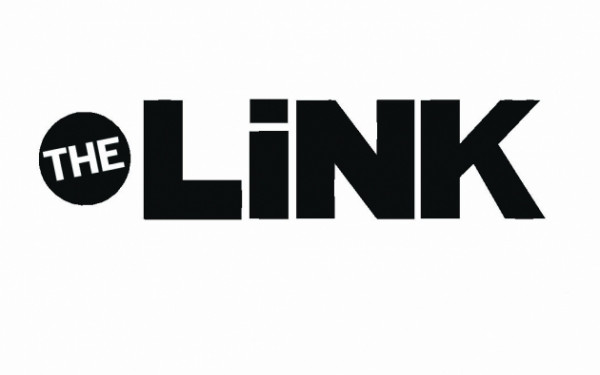Mo’ Money Madness
CUTV Looks to Up Its Funding With Fee Levy Increase
If at first you don’t succeed, try, try again.
Concordia University Television is seeking to increase their fee levy from 18 cents per credit to 34 cents per credit—the third attempt at upping student contribution to the club in as many years.
Abel Alegria, who represents CUTV on the Concordia Student Broadcasting Corporation, the umbrella body that oversees CUTV, CJLO and others, said that although the station has already had an increase in their undergrad fee levy over the past few years, the amount is not enough to keep up with growth in activity.
“This past year started with one news program, now we have six actual shows going on,” he said. We [also] have over 20 workshops that are free for undergrads.”
In April, the station was defeated in its effort to establish a fee levy to be paid by graduate students.
The vote on the fee levy increase will take place in the Concordia Student Union’s November referendum on Nov. 29, 30 and Dec. 1. Concordia’s other broadcasting group, CJLO, is also seeking a fee levy increase.
CUTV’s ambition for the increased funding is to create broadcast quality programming that will ultimately end up on television, which itself comes with many additional objectives to meet. As of right now, its content is available only on its website and on television sets set up on campus.
“What we realized is that to pursue the objectives of getting onto broadcast cable, [we need to] flesh out our programming so that it’s an adequate quality for broadcast, and [make] CUTV a [financially] sustainable resource on campus,” said CUTV’s station manager Laura Kneale.
This is not to say that CUTV is solely focused on being broadcast on television.
“All decisions that we’ve made with regards to our space and the staff that we’ve hired have all been in consideration of how to make a stronger model [for community television] in Quebec,” said Kneale.
In the past year and a half, CUTV has trained more than 300 volunteers, who Kneale says play a vital role in programming decisions and other activities at the station.
Last year, CUTV fought hard for the right to film and live-stream CSU meetings to the public via their website. After eventually winning the right to film, CUTV’s coverage played an important role in informing the student body about the goings-on of the CSU.
This year, however, CUTV has put the live-streaming project on the back burner.
“We’ve tried to make it very clear to as many people on campus that we are feeling very taxed by the live-stream project,” said Kneale.
“At a certain point the inevitable happened and two of our cameras burnt out and so did our mixer. I think this was all linked to the probably 50 to 60 hours of intensely using [this equipment] in the last year.
“Because we’re a fee levy group, most of our funding goes to training and to producing programming. So the live-streaming really is a side project that we pursued out of good faith.”
Kneale said that CUTV is currently seeking funding from the CSU to further their efforts in rebooting the live-streaming project.
“[The live-stream project] is a pioneer project. Nobody else in Canada in the universities is doing this,” she said. “I don’t think this is only linked to people trying to have meetings behind closed doors. Rather, it’s the technical limitations, and of course the number of hours of work it takes.”
with files from David Murphy







_600_375_90_s_c1.jpg)